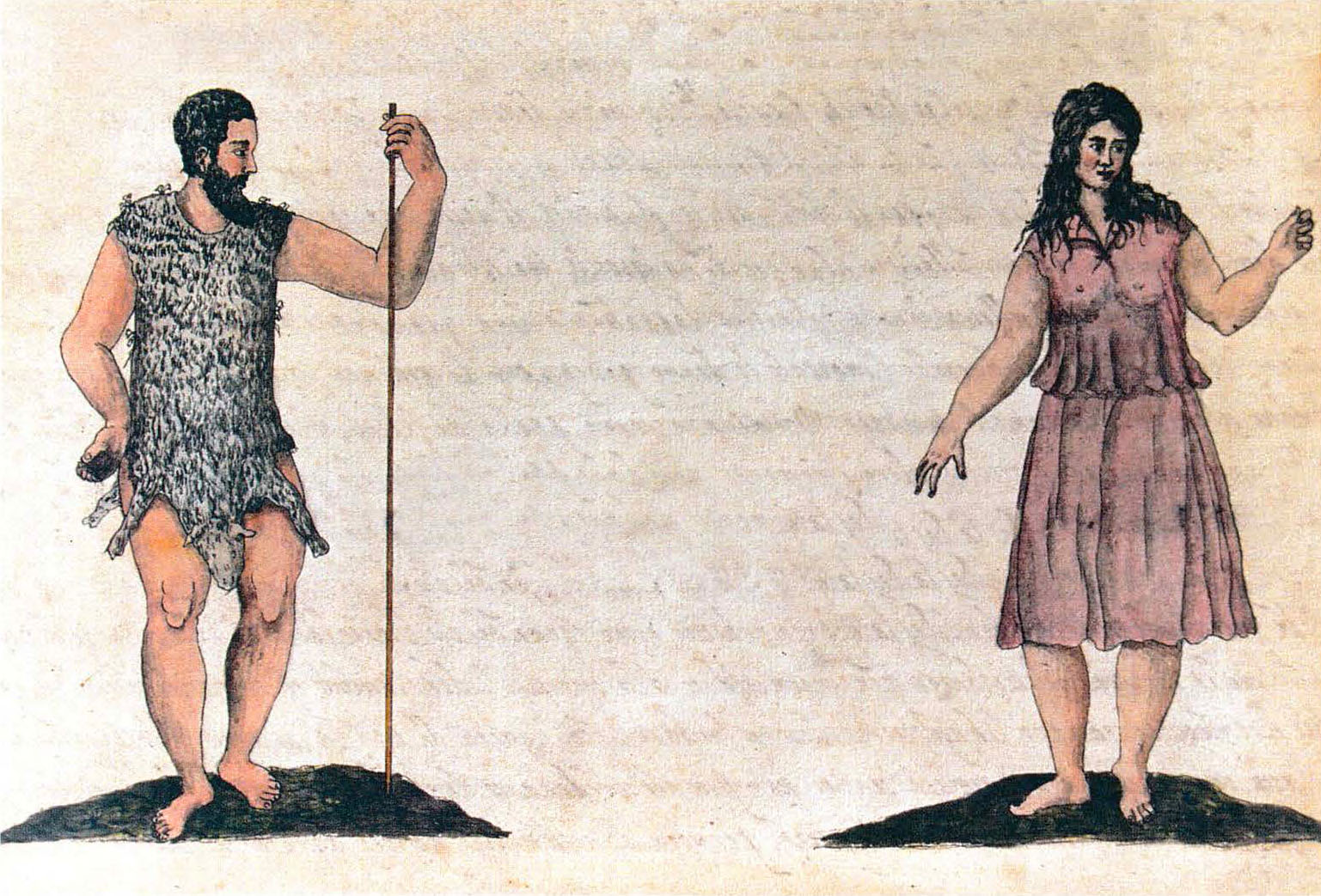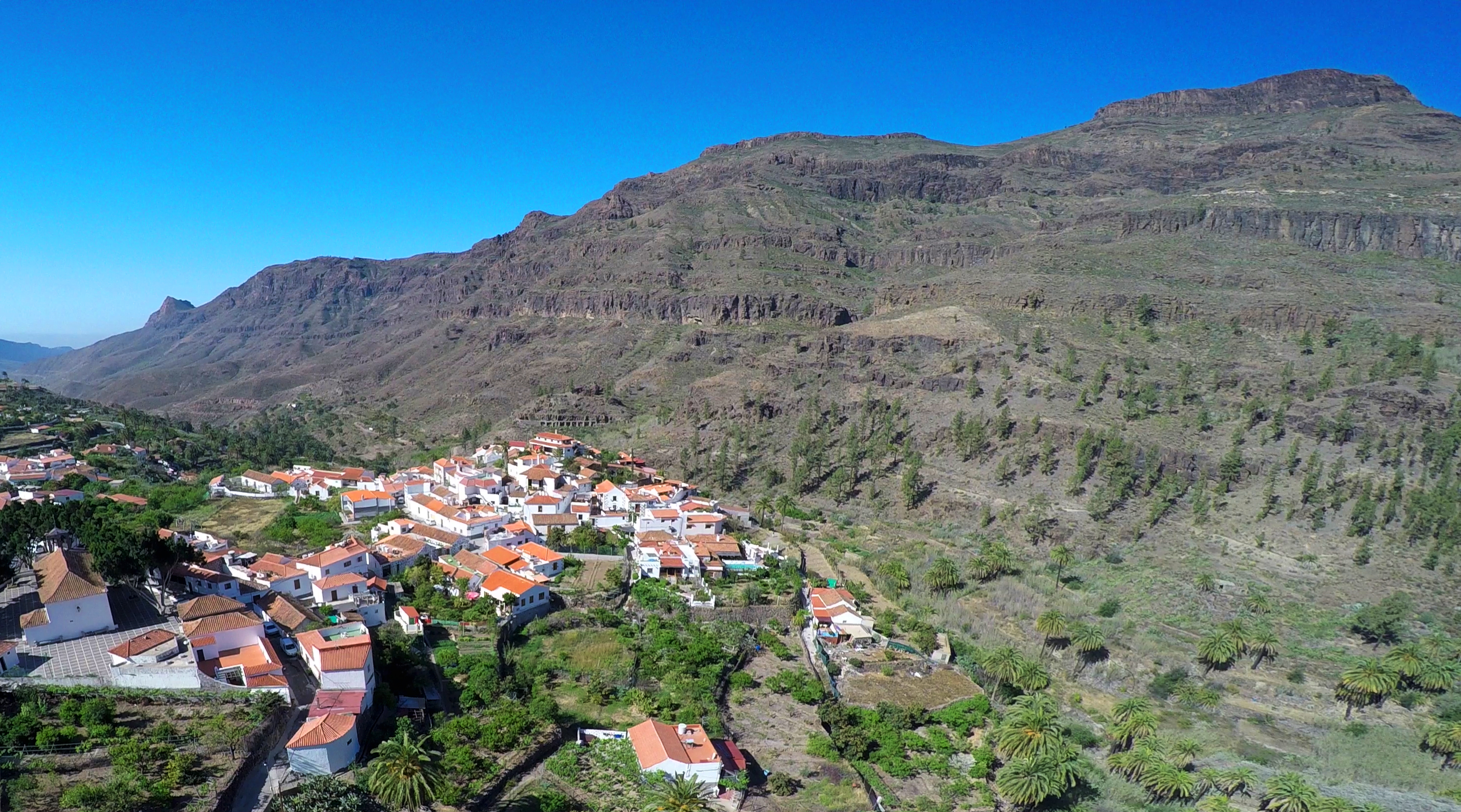|
Moneiba
Moneiba was the protector and tutelary goddess of women on the island of Hierro in the Canary Islands. The god Eranoranhan played the same part for men. She formed part of the mythology of the Bimbache, the aboriginal inhabitants of Hierro, who were related to the Guanches on other nearby islands and distantly to the Berber people Berbers, or the Berber peoples, also known as Amazigh or Imazighen, are a diverse grouping of distinct ethnic groups indigenous to North Africa who predate the arrival of Arabs in the Maghreb. Their main connections are identified by their u ... of North Africa. The god lived on one rock, the goddess on another. They would descend to hear the prayers of the people. Canary Islands Lore, Gods, Demigods, Heroes, Symbols, and Other Famous Mythological Characters at Mythology Dictionary. Accessed ... [...More Info...] [...Related Items...] OR: [Wikipedia] [Google] [Baidu] |
Bimbache
Bimbache or Bimbape is the name given to the inhabitants of El Hierro, who inhabited the island before the Spanish conquest of the Canary Islands that took place between 1402 and 1496. The Bimbache are one of several peoples native to the Canaries, with a genetic and cultural link to the Berber people of North Africa. The Bimbache people shared a common link with other aboriginal peoples of the Canary Islands. The island of El Hierro was known to the Bimbache as Eseró or Heró. The word ''"Bimbache"'' means ''"Sons of the Sons of Tenerife"'', so were believed to be descendants of the Guanches, the ancient inhabitants of the island of Tenerife. Division of aboriginal territory Unlike the other Canary Islands, El Hierro had no internal territorial divisions. Spanish conquest and the Bimbache The Spanish conquest was carried out in late 1405 by Jean de Béthencourt, who promised to respect the freedom of the Bimbache, and there was no resistance from the small aboriginal po ... [...More Info...] [...Related Items...] OR: [Wikipedia] [Google] [Baidu] |
Guanches
The Guanche were the Indigenous peoples, indigenous inhabitants of the Spain, Spanish Canary Islands, located in the Atlantic Ocean some to the west of modern Morocco and the North African coast. The islanders spoke the Guanche language, which is believed to have been related to the Berber languages of mainland North Africa; the language became extinct in the 17th century, soon after the islands were colonized. It is believed that the Guanche may have arrived at the archipelago some time in the 1st millennium BC, first millennium BC. The Guanche were the only indigenous people known to have lived in the Macaronesian archipelago region before the arrival of Europeans. There is no accepted evidence that the other Macaronesian archipelagos (the Cape Verde Islands, Madeira and the Azores) were inhabited. After the commencement of the Conquest of the Canary Islands, Spanish conquest of the Canaries, starting in the early 15th century, many natives were outright killed by the Spanish ... [...More Info...] [...Related Items...] OR: [Wikipedia] [Google] [Baidu] |
Hierro
El Hierro (), nicknamed ''Isla del Meridiano'' (the "Meridian Island"), is the farthest south and west of the Canary Islands (an Autonomous communities of Spain, autonomous community of Spain), in the Atlantic Ocean off the coast of Africa, with a population of 11,659 (2023). Its capital is Valverde, Santa Cruz de Tenerife, Valverde. At , it is the second smallest of the eight main islands of the Canaries with Graciosa, Canary Islands, La Graciosa being the smallest. Name The name ''El Hierro'', although spelled like the Spanish word for 'iron', is not related to that word. The ''H'' in the name of the metal is derived from the ''F'' of Latin ''ferrum'' (compare ''higo'' for 'fig'), a phonetic mutation that was complete by the end of the Middle Ages. The confusion with the name of the metal had effects on the international naming of the island. As early as the 16th century, maps and texts called the island after the word for 'iron' in other languages: Portuguese ''Ferro'', ... [...More Info...] [...Related Items...] OR: [Wikipedia] [Google] [Baidu] |
Canary Islands
The Canary Islands (; ) or Canaries are an archipelago in the Atlantic Ocean and the southernmost Autonomous communities of Spain, Autonomous Community of Spain. They are located in the northwest of Africa, with the closest point to the continent being 100 kilometres (62 miles) away. The islands have a population of 2.25 million people and are the most populous overseas Special member state territories and the European Union, special territory of the European Union. The seven main islands are from largest to smallest in area, Tenerife, Fuerteventura, Gran Canaria, Lanzarote, La Palma, La Gomera, and El Hierro. The only other populated island is Graciosa, Canary Islands, La Graciosa, which administratively is dependent on Lanzarote. The archipelago includes many smaller islands and islets, including Alegranza, Islote de Lobos, Isla de Lobos, Montaña Clara, Roque del Oeste, and Roque del Este. It includes a number of rocks, including Roque de Garachico, Garachico and Roques de ... [...More Info...] [...Related Items...] OR: [Wikipedia] [Google] [Baidu] |
Berber People
Berbers, or the Berber peoples, also known as Amazigh or Imazighen, are a diverse grouping of distinct ethnic groups indigenous to North Africa who predate the arrival of Arabs in the Maghreb. Their main connections are identified by their usage of Berber languages, most of them mutually unintelligible, which are part of the Afroasiatic language family. They are indigenous to the Maghreb region of North Africa, where they live in scattered communities across parts of Morocco, Algeria, Libya, and to a lesser extent Tunisia, Mauritania, northern Mali and northern Niger. Smaller Berber communities are also found in Burkina Faso and Egypt's Siwa Oasis. Descended from Stone Age tribes of North Africa, accounts of the Imazighen were first mentioned in Ancient Egyptian writings. From about 2000 BC, Berber languages spread westward from the Nile Valley across the northern Sahara into the Maghreb. A series of Berber peoples such as the Mauri, Masaesyli, Massyli, Musulamii, Ga ... [...More Info...] [...Related Items...] OR: [Wikipedia] [Google] [Baidu] |
El Hierro
El Hierro (), nicknamed ''Isla del Meridiano'' (the "Meridian Island"), is the farthest south and west of the Canary Islands (an autonomous community of Spain), in the Atlantic Ocean off the coast of Africa, with a population of 11,659 (2023). Its capital is Valverde. At , it is the second smallest of the eight main islands of the Canaries with La Graciosa being the smallest. Name The name ''El Hierro'', although spelled like the Spanish word for 'iron', is not related to that word. The ''H'' in the name of the metal is derived from the ''F'' of Latin ''ferrum'' (compare ''higo'' for 'fig'), a phonetic mutation that was complete by the end of the Middle Ages. The confusion with the name of the metal had effects on the international naming of the island. As early as the 16th century, maps and texts called the island after the word for 'iron' in other languages: Portuguese ''Ferro'', French ''l'île de Fer'', and Latin '' Insula Ferri''. Nevertheless, the origin of the nam ... [...More Info...] [...Related Items...] OR: [Wikipedia] [Google] [Baidu] |
Guanche Goddesses
Guanche may refer to: *Guanches, the indigenous people of the Canary Islands *Guanche language, an extinct language, spoken by the Guanches until the 16th or 17th century *''Conus guanche ''Conus guanche'' is a species of sea snail, a marine gastropod mollusk in the family Conidae, the cone snails and their allies. Like all species within the genus ''Conus'', these snails are predatory and venomous. They are capable of stin ...'', a sea snail of family Conidae {{Disambiguation Language and nationality disambiguation pages ... [...More Info...] [...Related Items...] OR: [Wikipedia] [Google] [Baidu] |


